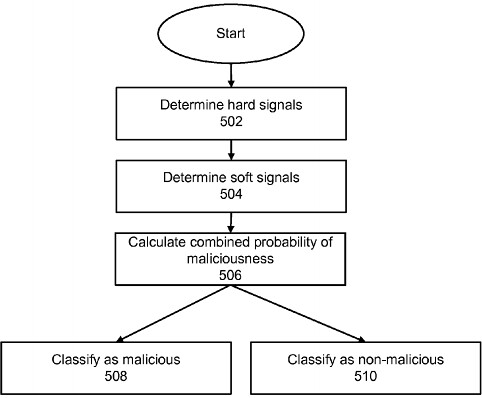
Russian cybercriminals approach hacking like a chess game, staying many steps ahead of targets in defense and offense
Russian hackers like the ones who breached the computer systems of
JP Morgan Chase and at least four other banks win because they think
strategically like the best chess players.
"Russians are more
intelligent than Americans," Tom Kellermann, chief cyber-security
officer for Trend Micro, said. "They're more intelligent because they
think through every action they take to a point where it's incredibly
strategic.
[Ukraine says Russia is attacking critical infrastructure]
"They're operating at eight to 12 steps ahead on both the offensive and defensive side of the (chess) board."
The
attacks that occurred this month resulted in the loss of gigabytes of
customer data. One of the banks has linked the breach to state-sponsored
hackers in Russia,
Bloomberg reported Thursday.
The
FBI is investigating whether the attacks are in retaliation to
U.S.-imposed sanctions for Russia's involvement in the battle between
the Ukranian government and Kremlin-supported separatists.
Trend Micro has studied Russian hackers for years. In 2012, the company released
a research paper called "Russian Underground 101" that described in details the tools and services available in online marketplaces.
Russian
hackers operate within a grey area in which cybercrime is ignored as
long as it occurs outside the country and the hackers are willing to
conduct government-sponsored campaigns when asked, Kellermann said.
"The
regime essentially sees the underground of hacking as a national
resource, as long as the hackers in Russia abide by the rules," he said.
Attacks
typically start with target reconnaissance to gain an understanding of
the network topology and then predicting the security tools and controls
that will have to be bypassed to infect systems and get data out.
"They're
complete geniuses because of how they operate with their very
chess-like perspective on IT and cybersecurity," Kellermann said.
The
hackers develop automated attack platforms and exploit kits with some
of the most advanced capabilities and are adept at finding and
exploiting zero-day vulnerabilities in software.
Indeed, the hackers responsible for the latest breach exploited a zero-day flaw in at least one bank's website.
Tools
are available for each attack stage, including the delivery of the
exploit, the lateral movement of malware in the network, data mining and
the exfiltration of data.
"It (Russia) is the most advanced
marketplace for hacking services in the world and it maintains, what I
would consider, the true Silicon Valley of the East," Kellermann said.
"It has the greatest expertise when it comes to ethical hacking,
penetration testing and black-hat hacking."
Russia has used
hackers before to strike political targets. In 2007, the country was
behind distributed denial of service (DDoS) attacks that took down
Estonian government websites during a disagreement over the relocation
of a Soviet-era grave marker and war graves.
In 2008, Russia orchestrated an attack that disrupted Internet communications in Georgia several weeks before
invading the country.
Without
cooperation from the Russian government, arresting hackers in the
country is nearly impossible. Therefore, U.S. companies have to change
their security paradigm from keeping hackers out to catching them once
they are in the computer network.
[Feds probing possible hacking incident at JP Morgan Chase]
The
first step is to collect intelligence on the most likely attackers and
then perform penetration testing on critical software most likely to be
on the path hackers would take in the network, Kellermann said.
Secondly,
spending should be less concentrated on antivirus software, firewalls
and intrusion detection systems and shifted to technology that detects
malware and its lateral movement within a network.
